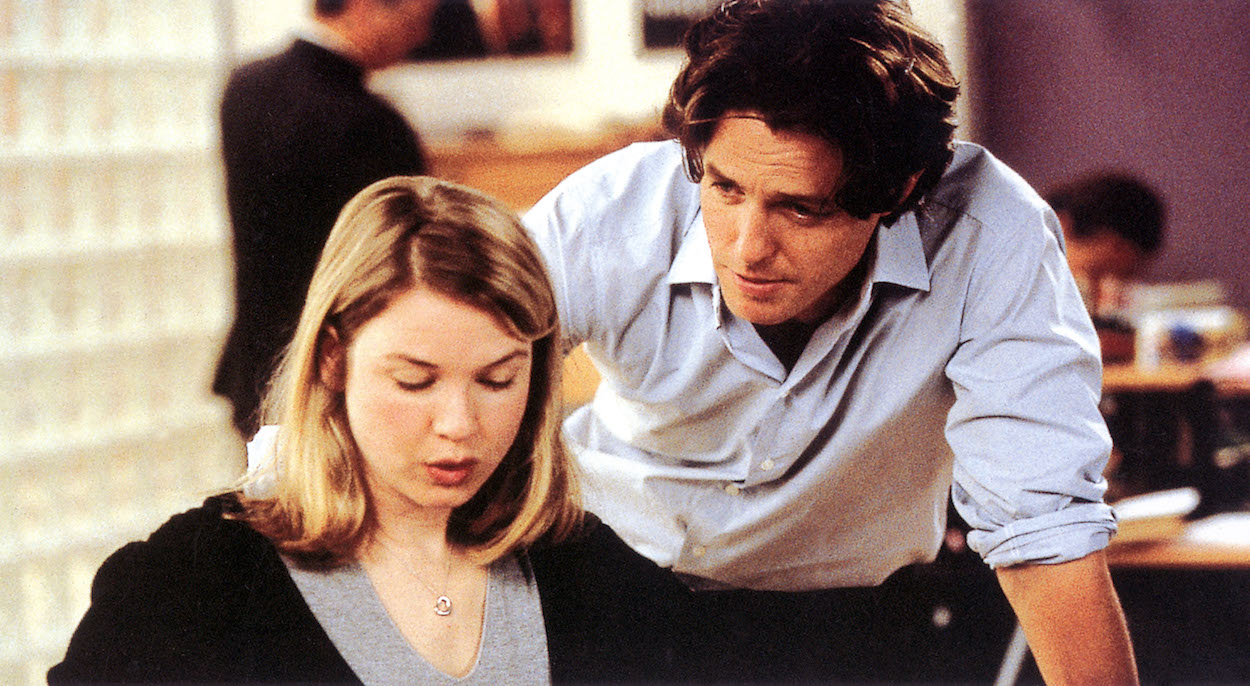In the wake of Philip Schofield’s ‘unwise but not illegal’ relationship with a much younger employee, ITV have issued a new policy. It requires staff members to declare the names of their ‘associates’ and the ‘nature of their relationships’ on a Google Forms questionnaire. This is frankly a pathetic attempt to stamp out abuses of power in the workplace. And it risks killing off something I feel quite strongly about: the office romance. We must protect that at all costs.
Elon Musk discourages employees from being friendly with each other as he believes ‘comradery is dangerous’
Bores think that romantic office relationships are unprofessional. In fact, they are entirely healthy and natural. A survey conducted by Forbes showed that 60 per cent of people had partaken in an office romance. That’s only those who admitted to it. One in five married people in Britain met at work.
The office is the last place where people are forced to communicate in person and not through a screen. A combination of online dating and #MeToo has resulted in people, mainly men, feeling that approaching someone virtually is safer than doing so in person.
Eye contact in public has almost been criminalised. On the tube, everyone glares at their phones, playing Candy Crush. If you dare look at someone you might be reported to the British Transport Police since Sadiq Khan declared that staring is ‘harassment and not tolerated’.
The office, by contrast, is a place where you have to interact with others. That’s probably why all the greatest kill joys, and so many socially anxious young people, are so keen on working from home – it removes all that panic-inducing human contact and the possibility of a connection. Office conversation, even flirting, also provides relief from the drudgery of actual work.
Some of the greatest romances in popular literature and drama have taken place in the office: think Bridget Jones and Daniel Cleaver (Bridget Jones’s Diary), Pam and Jim (The Office) and Love Actually, arguably the greatest rom-com of all time, which is basically a series of people who work together having affairs. The prime minister and the woman who serves him tea, the writer and his cleaner, the secretary and her boss, the other two people who work in that nondescript office. Art imitates life and, for most people, the majority of their lives are spent at work.
According to the Journal of Social and Personal Relationships, it takes 200 hours to make a close friend – given most people spend the majority of their waking hours at work, it makes perfect sense that friendships and relationships are formed in an office.
It’s not just ITV that is trying to police office relationships. Elon Musk discourages employees from being friendly with each other as he believes ‘comradery is dangerous. There is a tendency to not want to throw a colleague under a bus. That needs to be avoided.’
Musk seems to be more of a do-as-I-say-not-as-I-do kind of guy. He had twins with one of his senior executives who works for his AI startup, Neuralink, last year. But a lot of the boss class think the way he does. If the HR gods and Elon Musk had their way, we would all become hyperproductive robots – but that is not the way the world works.
Unfortunately for me, and even more sadly for my colleagues, the five years I spent working in offices I never had an office romance – though not for lack of trying. Now I find myself single and self-employed. I have no idea how I’ll meet someone. And the biggest downside of being freelance isn’t financial destitution, it’s having no one to make eyes at next to the water cooler.
Of course, there are abuses of power for sexual purposes but a Google form isn’t going to stop that. Do you think if Harvey Weinstein or Bill Clinton had been asked to declare what was going on, they would have fessed up?
The office people who benefit most from such ridiculous policies are the staff of the HR departments, who will grow in power as they start to marshall our intimate lives. Imagine emailing your HR representative to say you’re thinking of embarking on a relationship with Greg from accounts only to have it come to nothing, you’d be laughed out of town.
There is a sinister undercurrent here: the idea among employers that their employees must give them not just their time and their freedom in return for a wage – they must also hand over their private lives. That must be stopped. Tomorrow I am moving in with someone who I met at work. For now our relationship remains platonic but freed from the shackles of full-time employment and HR systems, who knows where it could go.






Comments